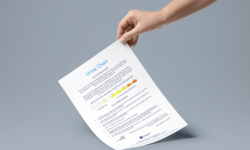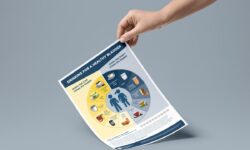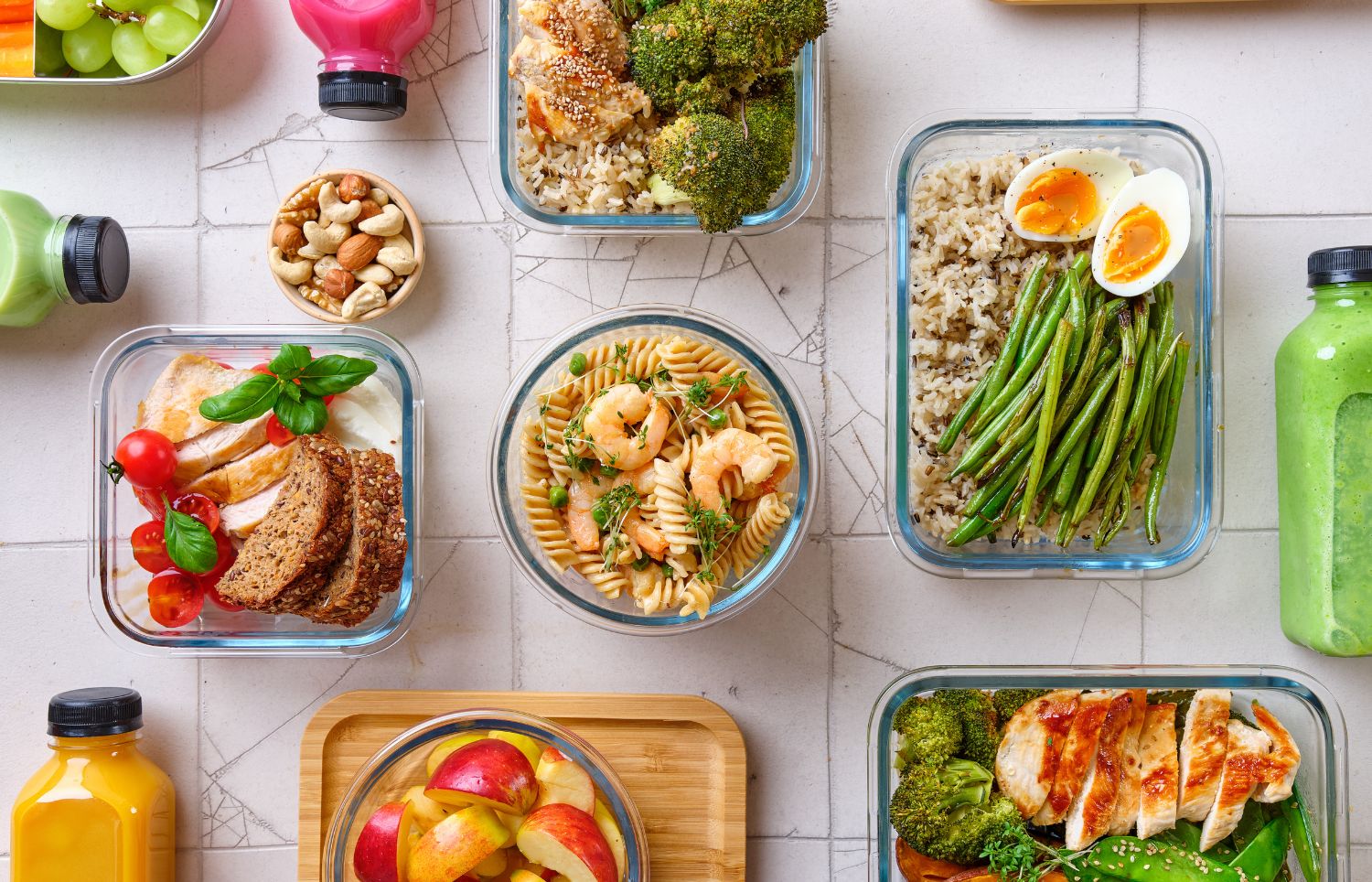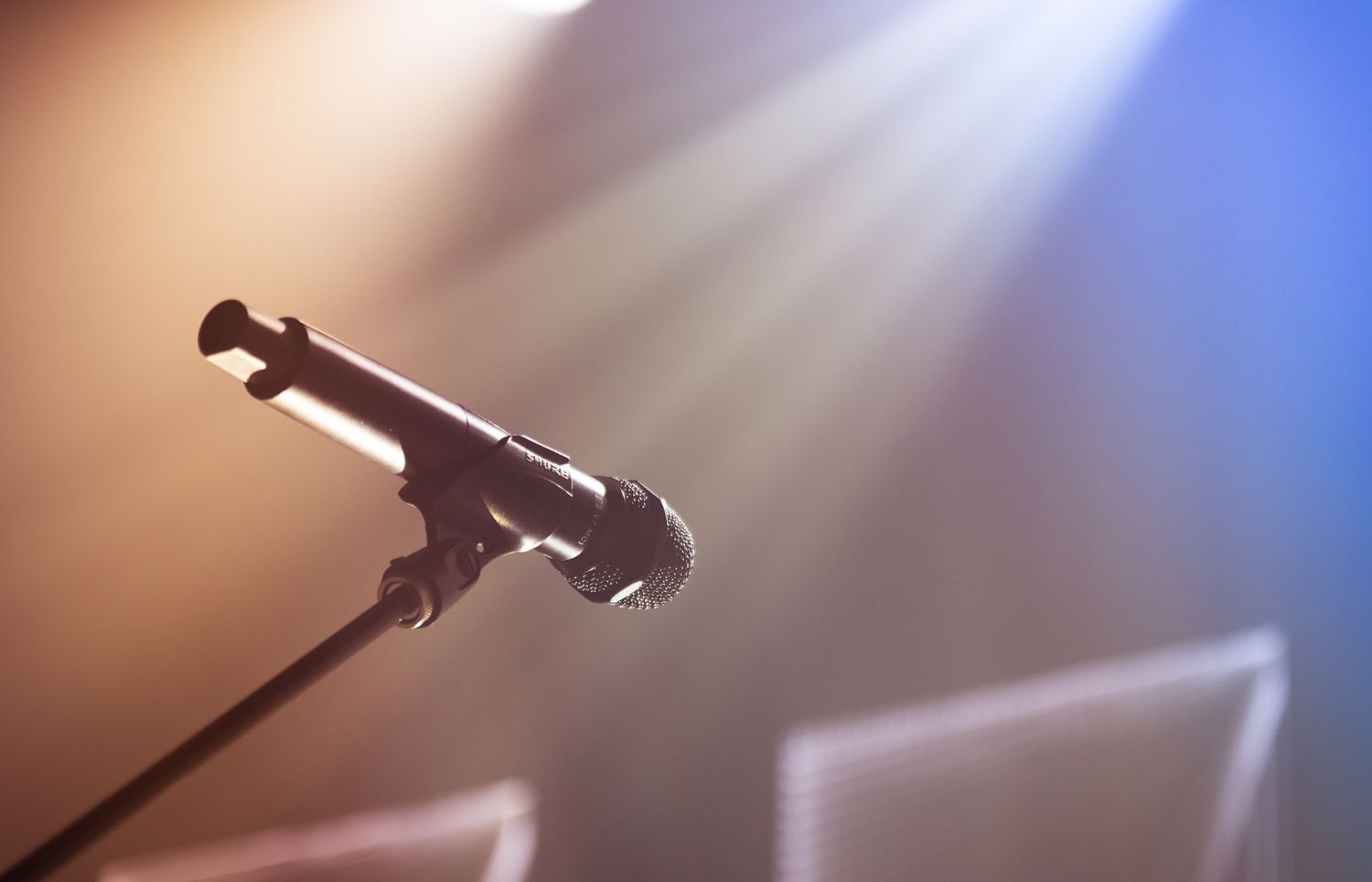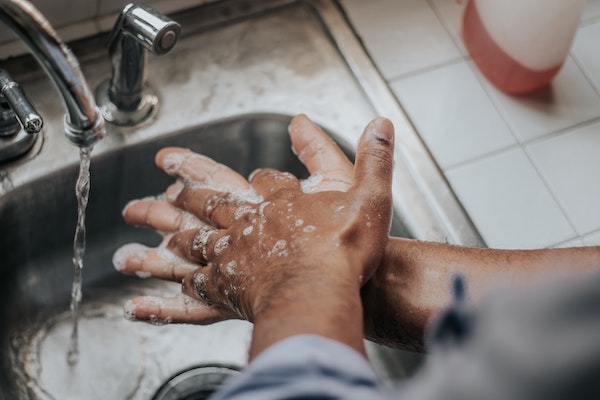Water makes up two thirds of our body. It is vital we drink enough fluid to maintain a healthy balance. Many people get dehydrated by not drinking enough fluid or by losing fluids and not replacing them.
Many people with bowel or bladder disorders may need to drink more to stay hydrated or replace fluid lost through diarrhoea or increase their intake to help prevent bladder infections.
What is Dehydration?
If you become dehydrated you may notice that you feel thirsty and have a dry mouth, have a headache, are sleepy or fatigued. You may feel dizzy or light headed and in elderly people this may lead to confusion and falls. You may not pass urine very frequently and the urine you do pass may be dark, almost brown. Healthy urine is a pale straw colour.
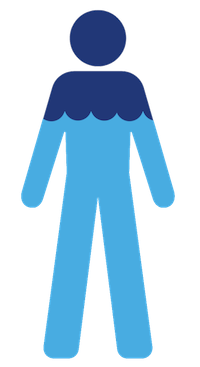
Urine Chart
[BBC:065] Urine Chart
Do you know what colour your urine should be? A Urine Chart can help you determine whether you are drinking enough fluid, and whether you are dehydrated. Use the colour chart to help you manage your hydration levels.
Being dehydrated may lead to:
- Urinary tract infections (UTIs)
- Headaches
- Constipation
- Kidney stones
We lose water every day in our urine, sweat and even when we breathe and fluid is lost quicker in hotter weather or when you are physically active or unwell. But what are the best fluids to drink to stay hydrated?
Look to Water First
The best thing to drink is water but many people find drinking water too boring. So here are some tips that may help:
- It may sound obvious but plan and keep to a schedule – keep a bottle of water by the bed and start the day by drinking it all.
- Make sure you drink water with every meal and in-between too.
- Keep a bottle of water with you during the day. Carry a reusable water bottle and fill it with tap water.
- Some bottles have measures or counters on them to help you remember what you have drunk.
- If you don’t like the taste of plain water, try adding a slice of lemon or lime, basil or cucumber to your drink. Slices of lemon and lime may be frozen so that you always have one to hand.
- Drink water before, during, and after a workout.
- When you’re feeling hungry, drink water. Thirst is often confused with hunger. True hunger will not be satisfied by drinking water.
- Drinking water may also contribute to a healthy weight-loss plan as some research suggests that drinking water can help you feel full.
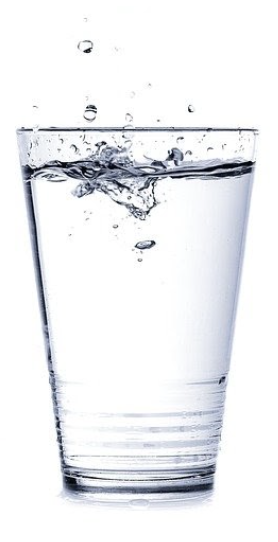
Other drinks and fluid-containing foods
Other drinks and fluids also contribute towards keeping the body hydrated. Fruit and vegetables, juices, milk and coconut water are also good at providing fluid. Fruits with a high water content include watermelon, cucumber, tomatoes, lettuce and strawberries. Ice lollies and soups also contain water. You’ll find more detail below on certain drinks and their effects.
The Effects of Caffeine
Caffeine increases the amount of urine we produce and therefore can make dehydration worse. Limit your intake of caffeinated beverages such as tea coffee and cola or choose decaffeinated varieties. Fruit or Green teas are naturally lower in caffeine, and black tea contains less caffeine than coffee.
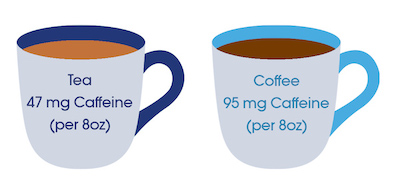
- An average cup (237 ml) of black tea packs 47 mg of caffeine but it does depend on how long you brew your tea for – the longer you brew, the more caffeine your drink will contain.
- An average 8-ounce (237 ml) cup of coffee contains 95 mg of caffeine but richer roasts tend to be higher in caffeine still.
Should I be drinking Sports Drinks?
Most sports drinks contain water, glucose or artificial sweeteners and electrolytes (minerals such as chloride, calcium, magnesium, sodium and potassium) which are lost when we sweat. Sports drinks are designed to help you rehydrate after exercise.
Many sports drinks are isotonic which means they have similar concentration to that of your blood, which helps the body to absorb them more easily. Beware however, that some contain caffeine as well as a lot of sugar, so if you would like to try them do check the label first.
Further Information
You will find additional support via the documents below, which offer advice on hydration and healthy drinking. If you are concerned about your bladder or bowel health we advise you to speak to your GP or healthcare professional as soon as you can.
Healthy Drinking
[BBC:021] Healthy Drinking
Did you know that what you drink can affect your bladder? This helpful guide from University Hospitals of Leicester explains simply which drinks can irritate your bladder.







